Ever noticed how family gatherings can be some kind of a combination of a warm-hearted sitcom and a tense drama? That’s family dynamics, for you. Let alone the invisible strings that help in defining your interactions, forming the way you talk to and exist with your loved ones.
Family dynamics are like the unique choreography of a dance, where each member has a role and the steps can range from heartwarming hugs to fiery disagreements.
So hang on tight as we learn about what are family dynamics and how positive or toxic family dynamics can pick you up or throw you down and create deep traumas!
What are family dynamics?
The family dynamics are nothing else but the way family members in a family communicate, interact, and work with each other as one. These involve how they resolve their differences, support each other, and assign different responsibilities within the home.
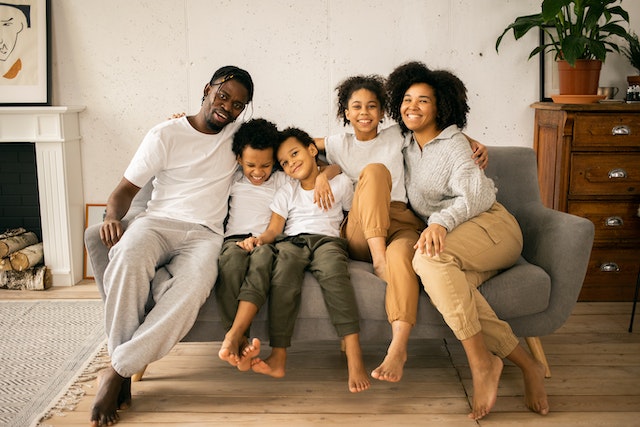
Our family’s dynamic goes back to even times before we were born. We also include our ancestors, because we still have some sense of their customs, methods of doing things, and routines happening to us.
Like a football team that needs daily practice schedules, every family must have its ways. These are known as what are family dynamics and they are the special moves that make your family effective.
Many factors such as cultural backgrounds, personalities of individuals, life events, and changing roles within families over time affect the dynamics of these groups.
Read More: 7 Types Of Family Dynamics And Its Impact On Mental Health
Roles in Family Dynamics
Think of family dynamics as people taking on specific roles in the family like actors in a play. Each family member ends up doing certain things that either make everything smooth or add a bit of chaos.
Let’s break down these roles in family dynamics:
1. The Caregiver: The Comforter
This person, usually a parent, is like the cozy spot in a storm.
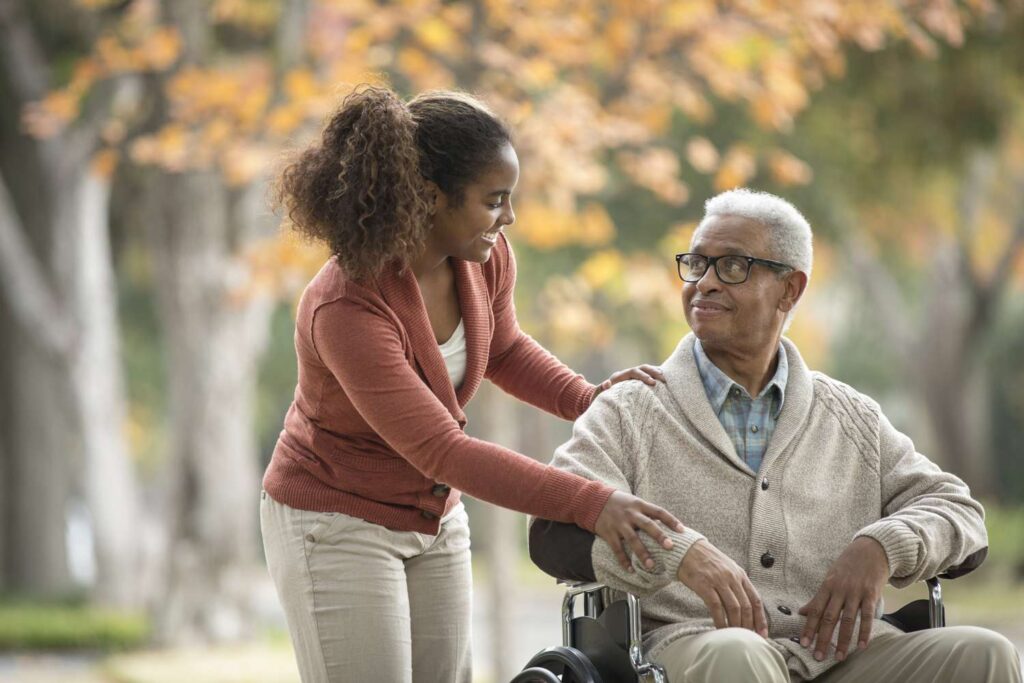
They give unwavering support, making everyone feel safe and understood.
Read More: Caregiving: 5 Types And Mental Health Impact On Caregivers
2. The Hero: The Overachiever
Every family has someone who’s all about achieving big things for the family’s reputation. They’re like the superhero, always striving for success and protecting the family’s legacy.
3. The Rebel: The Rule Breaker
For instance, consider someone in your family who does things in a little different way. This rebel adds a touch of excitement, shaking things up and making everyone question the usual routine.
4. The Scapegoat: The One Taking the Blame
Sometimes, unfairly, there’s someone who ends up getting blamed for everything. They carry the weight of the family’s problems, but there’s a chance for them to transform and help the family face issues together.
5. The Mascot: The Funny One
In every chaotic environment within families especially if there are many siblings there is always one child who brings joy through laughter. They’re like comedians bringing smiles to everyone even when things get tough.
Read More: 6 Dysfunctional Family Roles: Unhealthy Family Archetypes
Understanding what does family dynamics mean is akin to knowing how to read between the lines in an ordinary life script of families. It is not just about solving problems; it is an opportunity for families to grow together.
Causes of Family Dynamics
A lot of everyday things affect family dynamics, which is the way families function.
Here is what makes family dynamics work:
1. How Parents Do Their Thing
Think about how parents handle their roles. Some are super strict, some strike a balance, some let things slide, and others might not be very involved.

These causes of family dynamics within the house and impact how everyone in the family talks, expresses feelings, and deals with problems.
Read More: What Are Parenting Styles? Explore Different Types Of Parenting Styles And It’s Impact On Children
2. The Order You Were Born In
Whether you’re the oldest, in the middle, or the youngest matters. The firstborn might be the leader, the middle child might be the peacemaker, and the youngest often gets more freedom. The order you were born shapes how the family works.
3. Cultural Stuff
The traditions, beliefs, and practices your family follows also play a big role. These things give a unique flavor to your interactions. Whether it’s celebrations, rituals, or day-to-day routines, they all come from your family’s cultural background.
4. Big Life Changes
Events like weddings, divorces, or new family members joining in are factors affecting causes of family dynamics. They bring new characters and themes into the family story, making everyone rethink their roles and how they fit in.
5. Outside Stress
Money issues, societal expectations, or work demands can interfere with how a family gets along.
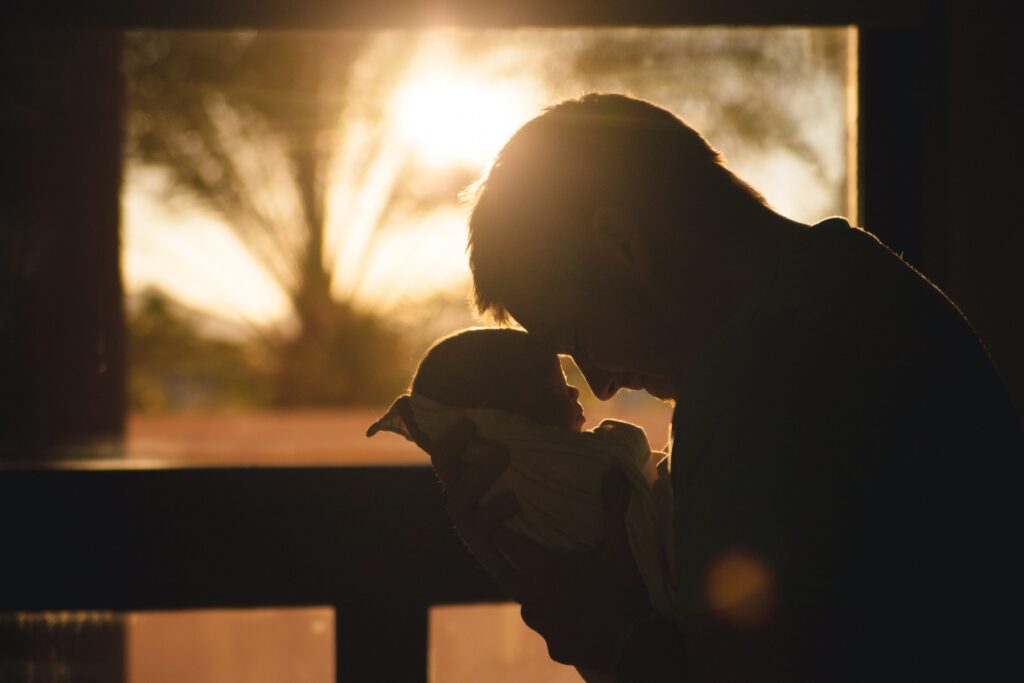
Sometimes these external stressors of what are family dynamics mess with harmony, but they also provide an opportunity for family members to support each other.
Read More: Stress Management 101: Techniques And Tips To Cope Better
But in the overall pattern of family dynamics, all these things mingle as in ever-changing story. Like different kinds of music played by an orchestra, families change and adapt. Families build better relationships when they understand what are family dynamics and how these everyday things connect.
Why is it Important to Understand Family Dynamics?
Knowing how your family operates and what role each one plays is important for you to understand why it’s important. A good functioning family feels like it is wearing a comfortable glove, where everyone feels safe, valued, and at liberty.
When things go wrong though, they may leave emotional scars that last a lifetime and even get transferred to the next generation.
The following are some reasons why is it important to understand family dynamics:
1. Talking Better for Real Understanding
Think of your family as many voices that make up a messy quilt of relationships. It creates a space where people speak openly and straight.

That heart-to-heart conversation brings people together even when they disagree. And that’s why family talk matters.
2. Dealing with Fights by Caring
Sometimes families just have their fights – it’s like climbing mountains. However, through caring and listening attentively to one another, these huge fights can become minor issues.
If each person tries to see things from the other person’s point of view then this will help fix things before getting out of hand.
Read More: What Is Dysfunctional Family: 10 Identifying Signs and Ways To Cope
3. Getting Closer Through Shared Stuff
Imagine that every experience shared within your family is like an additional string of light illuminating everything.
Engaging in activities together, talking on very personal levels, or spending quality time are some ways that can be used to build these bridges so that everyone feels closer to each other than before. Be it cooking in tandem or reminiscing about past tales; such moments demonstrate the essence of knowing all about family matters.
4. Being a Safe Place to Grow
Your home should be like a haven where everyone has your back. This kind of setting helps individuals grow while at the same time cushioning them against hard times in life.

As long as your family feels supportive towards you, it makes trying new things easier and following your dreams along with facing life challenges possible without fear.
5. Spotting Problems to Make Things Better
Families are like woven cloth and there are times when there will be snags. When your family can identify when things are going awry, it is a chance for someone to make some changes. Your family working together to change these bad habits can improve them. It’s like rewriting the family story with more happy stuff in it.
Read More: Understanding What Is Family? Exploring Its Many Forms and The Dream Ideal
Understanding what does family dynamics mean and everyone’s roles is like a guide to making things work better and having a happy family story. As each person figures out their role and how it affects the whole gang, conversations go from just talking to really understanding each other.
What Does Family Dynamics Mean
Family dynamics refer to patterns of interactions and emotional connections among family members.
Understanding what are family dynamics, influences the way families communicate, make decisions, resolve disputes, and create emotional connections. The concept ranges from how household tasks are shared to ways in which family members help each other when in crisis.
Importantly, it is not just the relationships between parents and children that are important but also those among siblings, extended family, and even friends of the family; hence they are all part of the “family” unit.
Read More: 10 Essential Parenting Tips for Teens to Overcome Challenges
A Word From Mind Family
Lastly, family dynamics are important for us to understand ourselves better, but we often overlook them. If we can comprehend these complex patterns earlier on that define our families, it will be easier to navigate through the maze of emotions that characterize family life.
Whether you are a Rebel, an Anti-Hero, or somewhere in between, one has to know what is meant by family dynamics. Understanding why is it important to understand that family dynamics and learning roles in family dynamics are the main stages toward creating a healthier and happier family ecosystem.
Hope you get the concept of what are family dynamics if so please comment below.
Frequently Asked Questions (FAQs)
1. What are family dynamics?
Family dynamics involve how family members communicate, interact, and share responsibilities. Influenced by factors like culture and personalities, they shape the unique story of each family over time.
2. What are the causes of family dynamics?
Parents’ roles, birth order, cultural traditions, life changes, and external stresses influence family dynamics, shaping how families adapt and adjust.
3. Why is it important to understand family dynamics?
Understanding family dynamics fosters better communication, resolves conflicts, builds bonds, supports growth, recognizes unhealthy patterns, and creates a harmonious family narrative.
4. What are the roles in family dynamics?
Roles include the Caregiver, Hero, Rebel, Scapegoat, and Mascot, each contributing to the family unit in distinct ways.
5. What does family dynamics mean?
Family dynamics refer to patterns of interactions and emotional connections among family members, extending beyond parent-child relationships to include broader family networks.
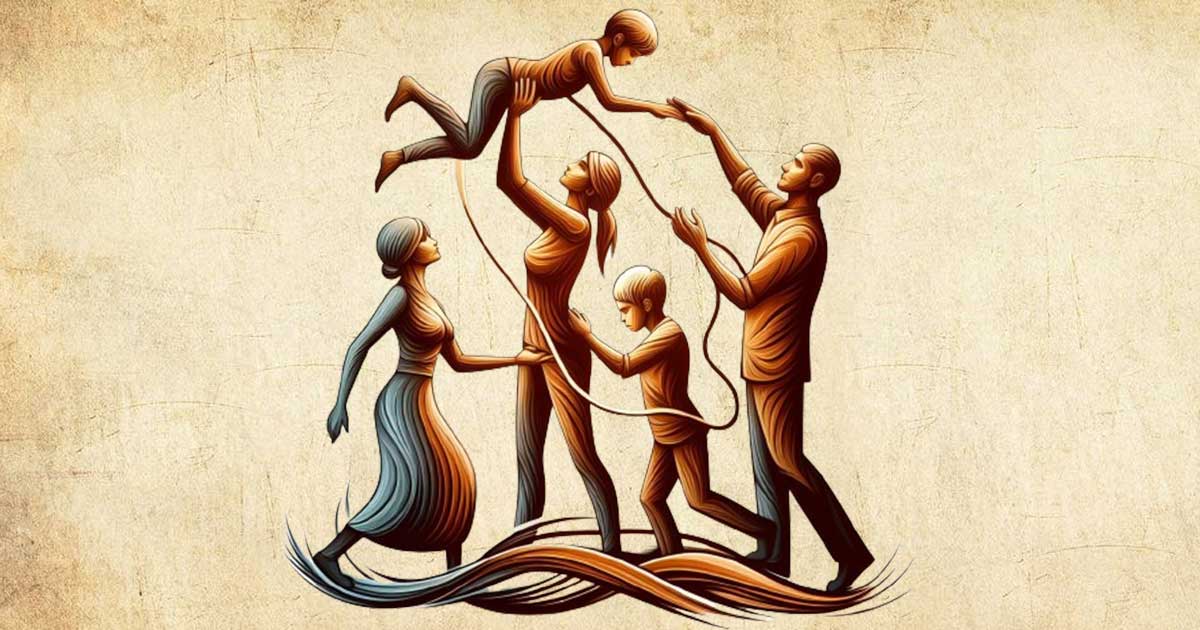




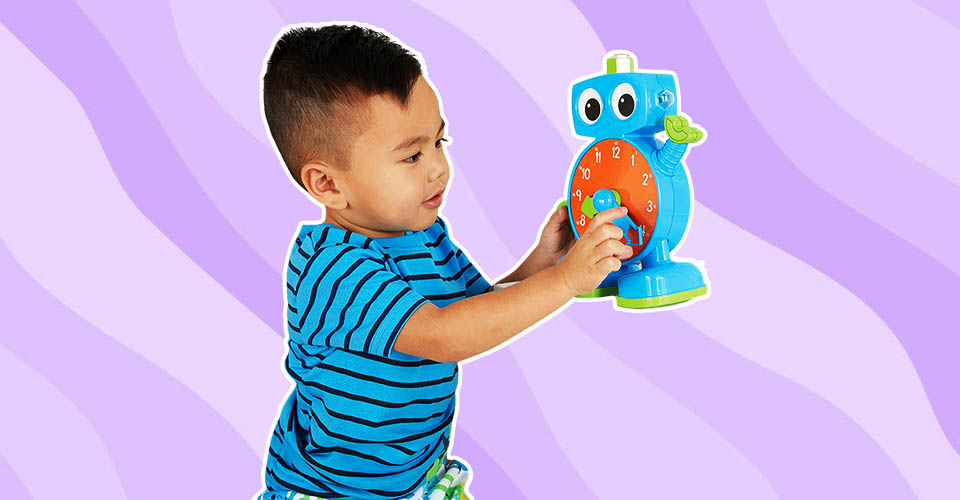
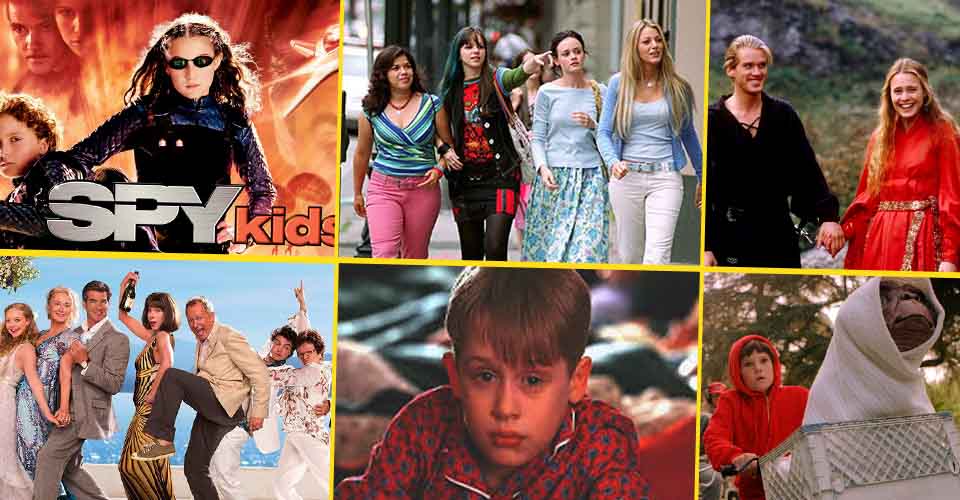
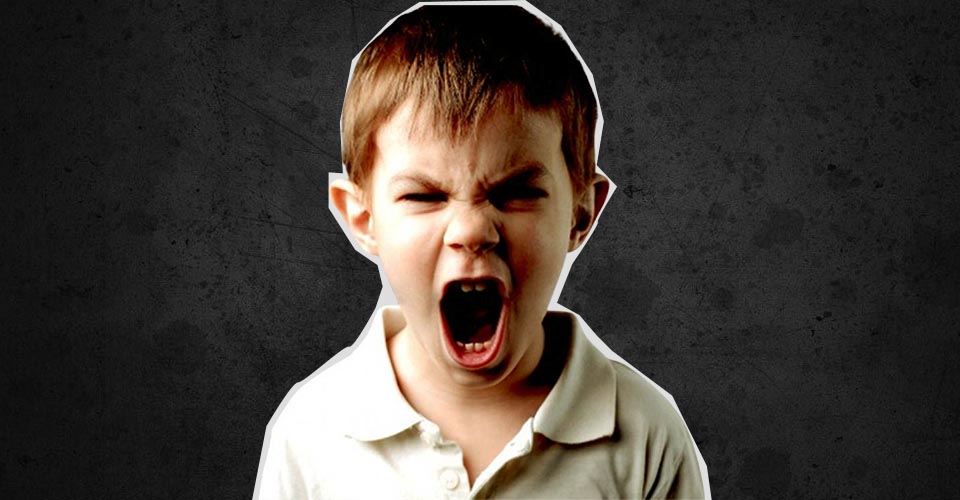
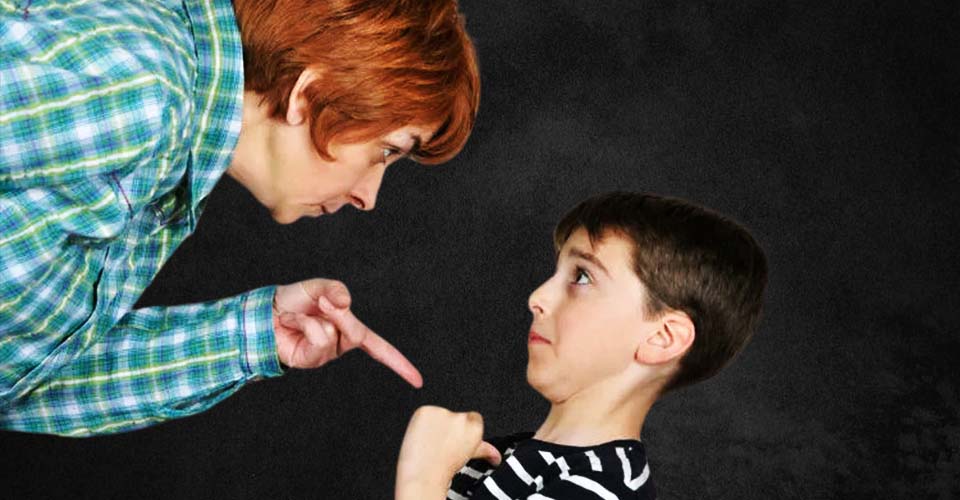
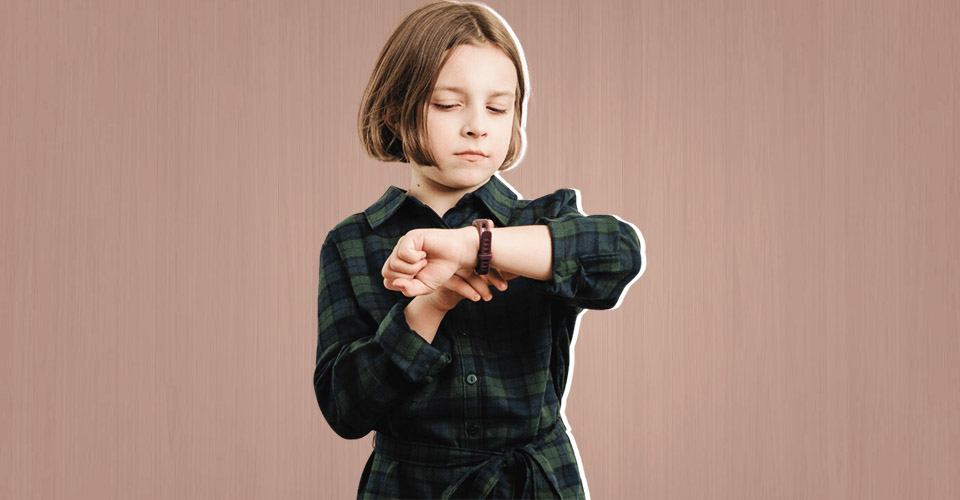
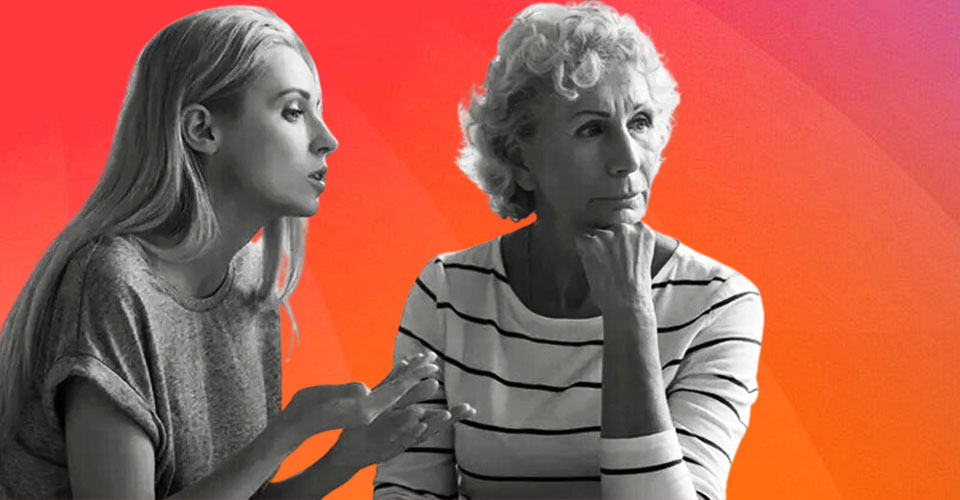

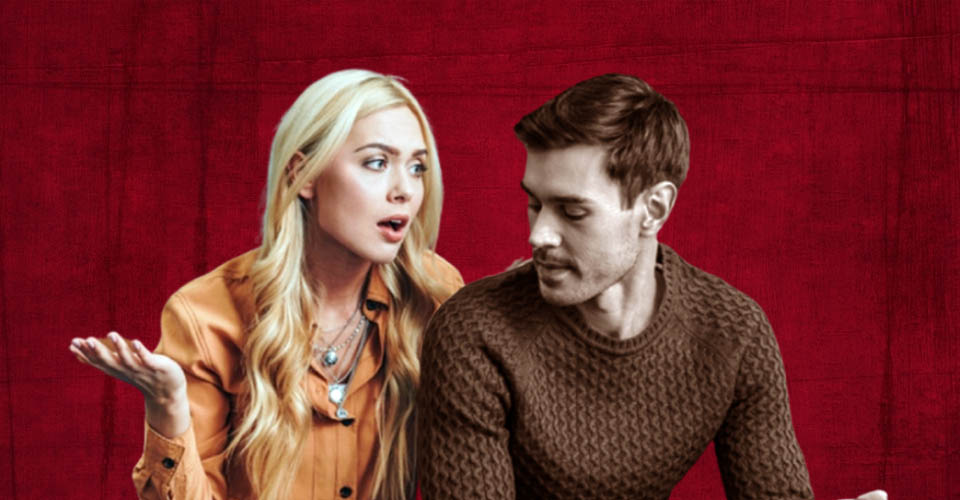




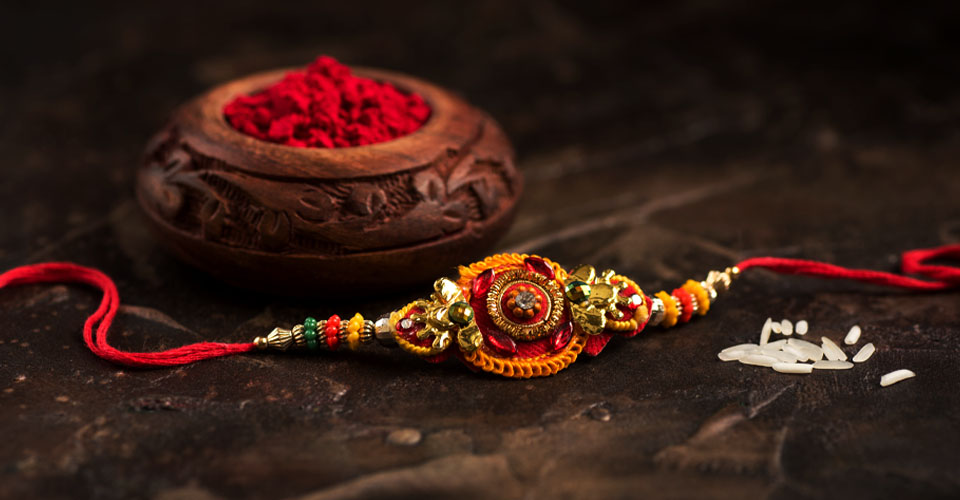
Leave a Reply